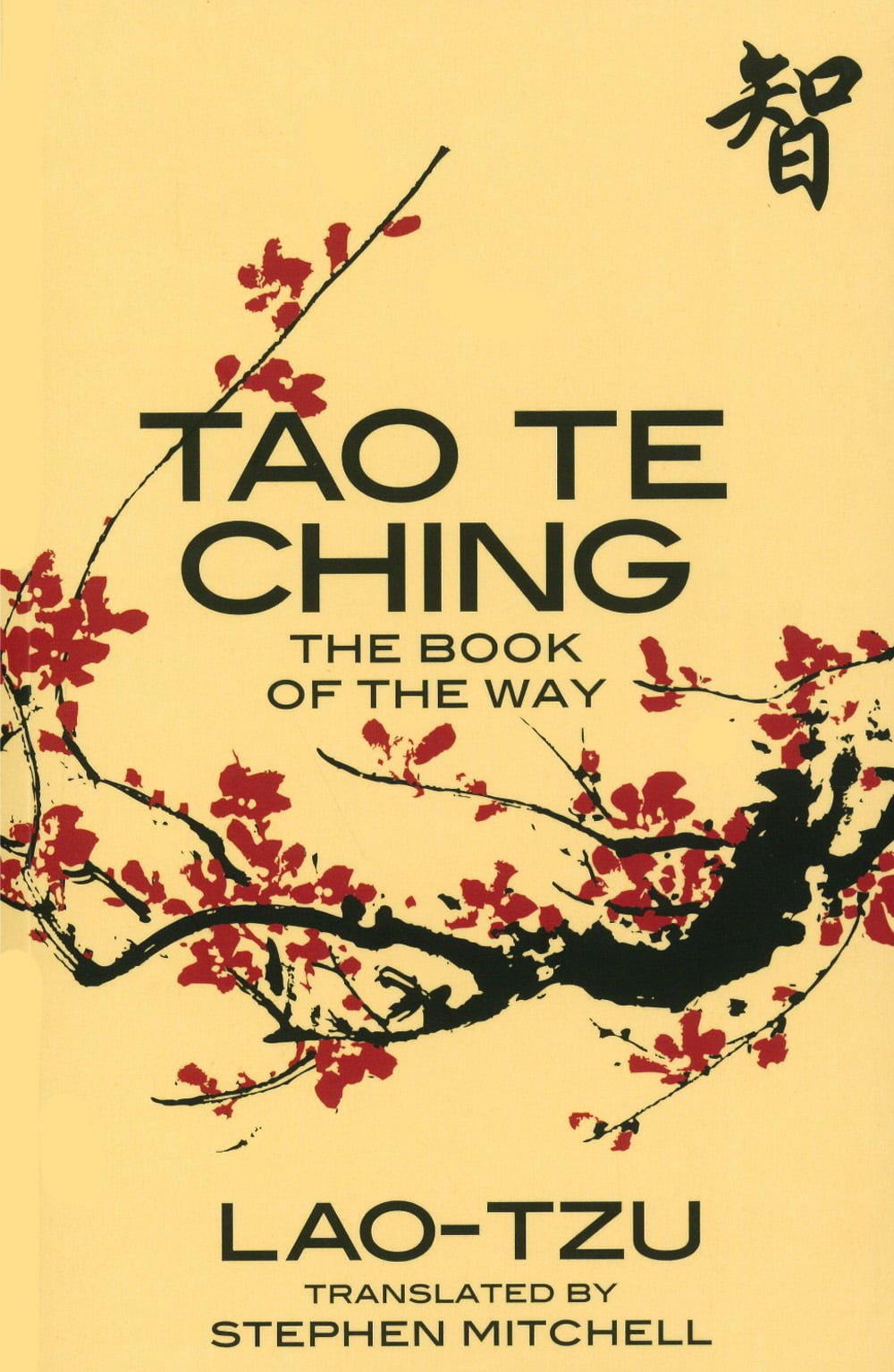Why patience matters
In Stephen Mitchell's translation of the Tao Te Ching, one passage on patience reads:
"Nature does not hurry, yet everything is accomplished.
Therefore, the Master remains serene
in the midst of sorrow.
Evil cannot enter his heart.
Because he has given up helping,
he is people's greatest help."
This passage highlights the idea that nature operates according to its own pace and rhythm, without any sense of hurry or urgency, yet still manages to accomplish everything that needs to be done.
The passage goes on to suggest that the wise or enlightened person, who is sometimes referred to as the "Master," should also embody this patient and serene attitude towards life.
By remaining calm and patient in the midst of difficulty and sorrow, the Master is able to remain untainted by evil and negative emotions. By giving up the urge to constantly help and intervene in the world, the Master paradoxically becomes a greater source of help and inspiration to others.
This passage suggests that patience involves not only waiting for things to happen in their own time, but also cultivating a state of inner calm and detachment from external events.
According to the Tao, the natural world moves at its own pace and accomplishes all that needs to be done without haste or struggle. In the same way, the wise person (the sage) does not rush or force things but trusts in the natural flow of life.
The Tao also teaches that patience involves letting go of our desires and attachments and allowing things to unfold in their own time.
"By letting go, it all gets done.
The world is won by those who let it go.
But when you try and try,
the world is beyond the winning."
In other words, when we release our need to control or manipulate the world around us, we can achieve our goals with greater ease and less effort.
In Taoism, patience is seen as a fundamental virtue that is closely tied to the concept of Wu Wei, which means "non-action" or "effortless action." The Tao Te Ching, a central text in Taoism, emphasizes the importance of patience in achieving harmony with the universe.
The modern world tends to emphasize instant gratification and a fast-paced lifestyle, which can make it difficult to cultivate patience. We're often encouraged to pursue our goals with a sense of urgency and impatience, which can lead to stress, burnout, and dissatisfaction.
However, I believe that the principles of patience and non-action found in the Tao Te Ching and other traditional wisdom teachings can still be relevant and useful in our modern lives.
By learning to slow down, and trust in the natural rhythms of life, we can cultivate a more peaceful and fulfilling existence. Practicing patience can also help us develop adaptability in an unpredictable and rapidly changing world.
While the modern world may not always encourage us to cultivate patience, I believe this virtue remains as relevant and valuable as ever in helping us lead more balanced, fulfilling lives.
I’m David, a Vancouver life coach and mindfulness teacher.
I create personalized coaching programs for my clients, designed to encourage, inspire, challenge and delight you.
People flourish.
Problems get solved.
Opportunities & goals come to life.
If this appeals to you, find time for a conversation.


